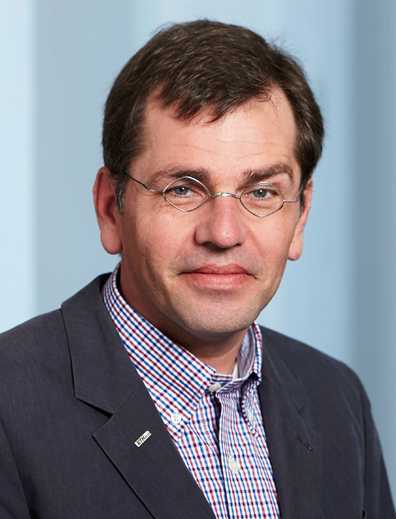Michael Ristow

Michael Ristow is a Professor of Energy and Metabolism at the Swiss Federal Institute of Technology (ETH) Zurich. He is interested in the biochemical and molecular basis of longevity — in particular the role played by mitochondria in lifespan regulation. Contrary to the widely reiterated Free Radical Theory of Aging, Ristow has repeatedly shown that the health-promoting effects associated with low caloric intake, physical exercise and other lifespan-extending interventions may be due to increased formation of Reactive Oxygen Species (ROS) within the mitochondria, causing a vaccination-like adaptive response that culminates in increased stress resistance and extended longevity, a process a. k. a. mitochondrial hormesis or mitohormesis. He works with the roundworm C. elegans and mammalian model organisms, as well as humans.
He is interested in the biochemical and molecular basis of longevity — in particular the role played by mitochondria in lifespan regulation and prevention of metabolic diseases. Contrary to the widely re-iterated Free Radical Theory of Aging, he works in the first laboratory that shows that the health-promoting effects associated with low caloric intake, physical exercise and other lifespan-extending interventions like sirtuin signaling are caused by increased formation of Reactive Oxygen Species (ROS) within the mitochondria, causing a vaccination-like adaptive response that culminates in increased stress resistance and extended longevity, a process called mitohormesis.
He is interested in the biochemical and molecular basis of longevity — in particular the role played by mitochondria in lifespan regulation and prevention of metabolic diseases. Contrary to the widely re-iterated Free Radical Theory of Aging, he works in the first laboratory that shows that the health-promoting effects associated with low caloric intake, physical exercise and other lifespan-extending interventions like sirtuin signaling are caused by increased formation of Reactive Oxygen Species (ROS) within the mitochondria, causing a vaccination-like adaptive response that culminates in increased stress resistance and extended longevity, a process called mitohormesis.